What is the coronavirus?
Coronavirus is a fairly well-known virus that has been known to cause infections in the upper throat, nose, and sinuses. Generally, coronavirus isn’t fatal, but after an outbreak in China during December in 2019, the WHO or world health organization declared SARS-CoV-2 as a recently recognized type of coronavirus. This outbreak quickly spread throughout the world during the early days of 2020. It spread like wildfire through human-to-human contact, and its infection capacity ranges from mild up to deadly.
How does COVID-19 spread?
The virus is known to develop among humans who are in close contact. It spreads when the respiratory droplets of an affected person spread to a healthy one during sneezing, coughing, or talking. One may not even know if they are affected because of the mild flu-like signs that have been diagnosed with several patients. This way the infected person who is unaware of their prognosis can spread the disease to an immunosuppressed individual who might end up in the clinic. Since vaccines take years to develop, staying at home and maintaining social distance might be the only way to prevent the exponential growth of infection.
How are cancer patients dealing with this outbreak?
Data from various countries depict that cancer patients are at a higher risk when compared to healthier individuals. Cancer patients are known to be immunocompromised, which means that they are unable to fight off diseases like any average person. If we rule out cancer, many of these patients have underlying diseases that are collateral damage from cancer medications and treatments. These collateral issues might even result in a higher morbidity rate among such people. In older patients, heart disorders and diabetes plays a vital role in weakening their immunity more. Unfortunately, if such people develop COVID-19, complications connected to organs may arise because victims go through radiation therapies, kidney removal, chemotherapy, all of which decreases their immunity more.
Should patients miss regular visits to their medical practitioner to maintain social distance?
No recent studies have shown that regular visits to the doctor and continuous follow-ups are helpful or beneficial to the patients. So they can steer clear of regular screenings and check-ups. But that does not mean one should keep the doctor out of the loop. Online consultations are legal now, thus physical visits are no more necessary to keep the doctor informed about the current status of the patient.
What are the difficulties faced by cancer patients now?
Larger hospitals have been closed without any notice because of lockdown all over the world. Preference has been given to COVID wards. If any staff member or patient contracts the disease and is diagnosed, the whole wing is shut down for up to 14-20 days.
Doctors are not able to source personal protective equipment for themselves, and thus it is difficult to protect people who are not a part of the task force.
Patients have missed chemotherapy sessions due to lockdown in containment areas and the unavailability of public transport. In ideal conditions, chemotherapy sessions should never be missed. There is a small window of 3 months that can be covered without a session if it can be altered within that time frame. If the gap exceeds 3 months, it is advised to consult the doctor immediately.
What are the studies that prove the susceptibility of individuals when it comes to cancer patients?
Few major studies were conducted by the lead researchers around the world. A team from western countries analyzed over 900 COVID-19 and cancer patients from the continent and inferred that 13% died because of the virus. The other team from Europe analyzed 800 patients who had both cancer and COVID-19, and among them, 28% did not make the fight.
- In the first research group, the data was collected from individuals with active and previously stated malignancies along with coronavirus infections that were confirmed and treated during the period of the 17th March 2020 to 20th April 2020. Their main endpoint was the effective occurrence of mortality before 30 days from the diagnosis of the virus. With the use of logistic regression analysis, it was affirmed that after performing the partial adjustment, there was an increment in the risk of mortality within 30 days that had no strong connection to an increase in sex, age, smoking status, and comorbidities. An enhanced risk of mortality was further seen in victims with ECOG status 2 or higher (when the ECOG status is more than two, it signifies that the patient can remain active but unable to work).
- The other group of experts from the United Kingdom had taken March 18 to April 30 as the principal endpoint discharge from hospital or mortality. Among the victims studied, 52% had moderate disease, 12% were not required to be hospitalized, 39% needed oxygen and 7% showed the need for intensive care. During this time, 226 patients passed away, i.e., 28% of the sample population, and 211 died from COVID, which makes up 93% of the expired population. On the plus side, a multivariate study discovered that patients who had received chemotherapy recently did not show a higher death rate after adjusting for age, gender, and comorbidities.
The experts resolved that anticancer treatments must not be halted if there is no problem with transferring and a risk-free environment. Even though the studies show promise, the specific research groups provided an advisory stating that few investigations should not be taken as concluding factors when it comes to such a widespread disease. Further research and continued investigation of cancer patients will be the only way to clarify the risk of certain cancer therapies.
Cancer patients have faced challenges during such trying times due to a lack of healthcare facilities all over the globe. Keeping the stigma of COVID away, cancer patients should receive special passes and assisted travel facilities from institutions to continue their treatment because they are at a greater risk than the general public. Any immunocompromised person must receive extra care through the outbreak of such a deadly disease.
#coronavirus #clinqon_india #healthcare #wellness #cancer #oncology #critcalcare #India #pediatrics #doctor #pandemic #outbreak #treatment #patients


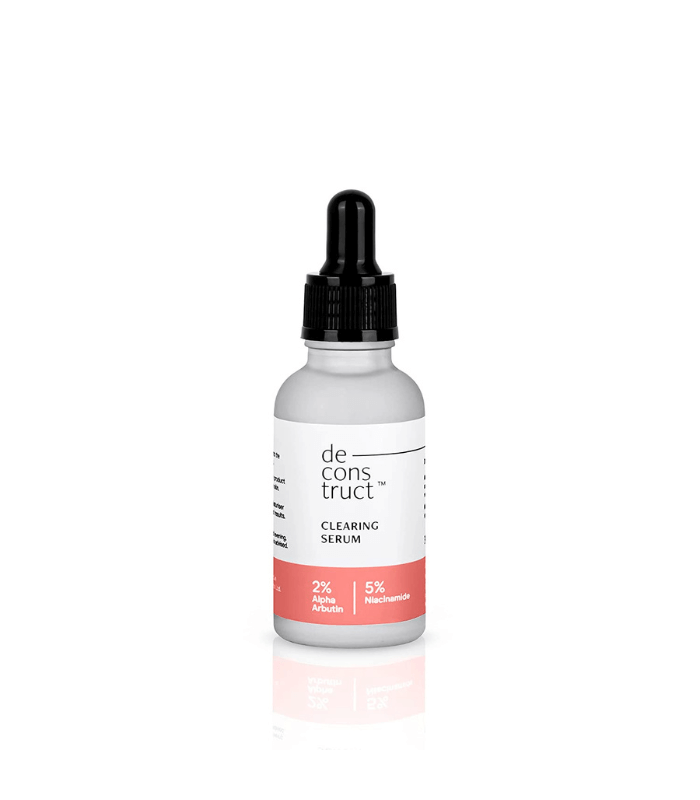


































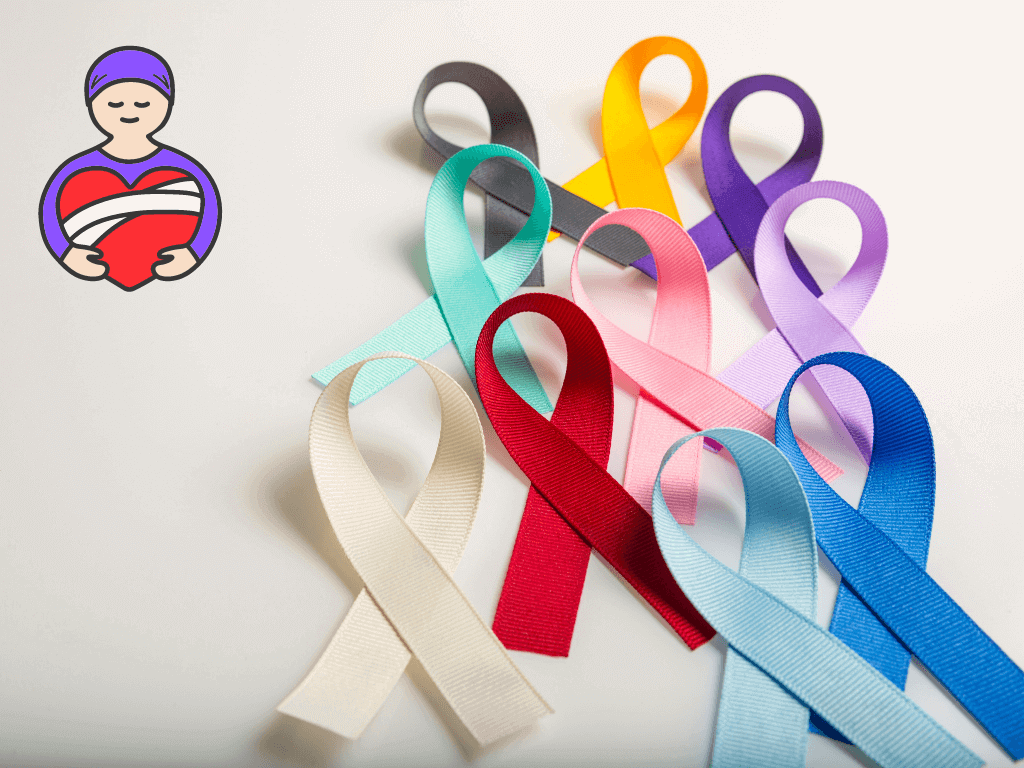
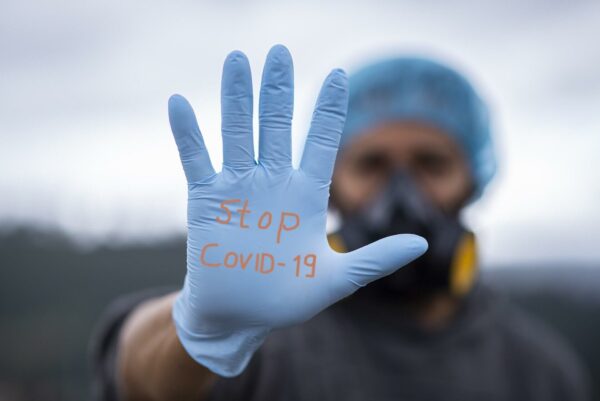


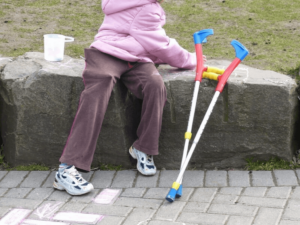
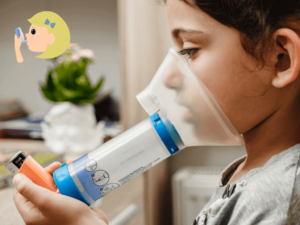





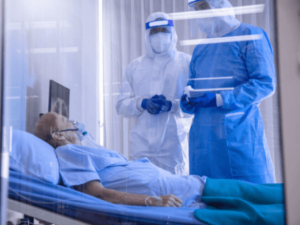





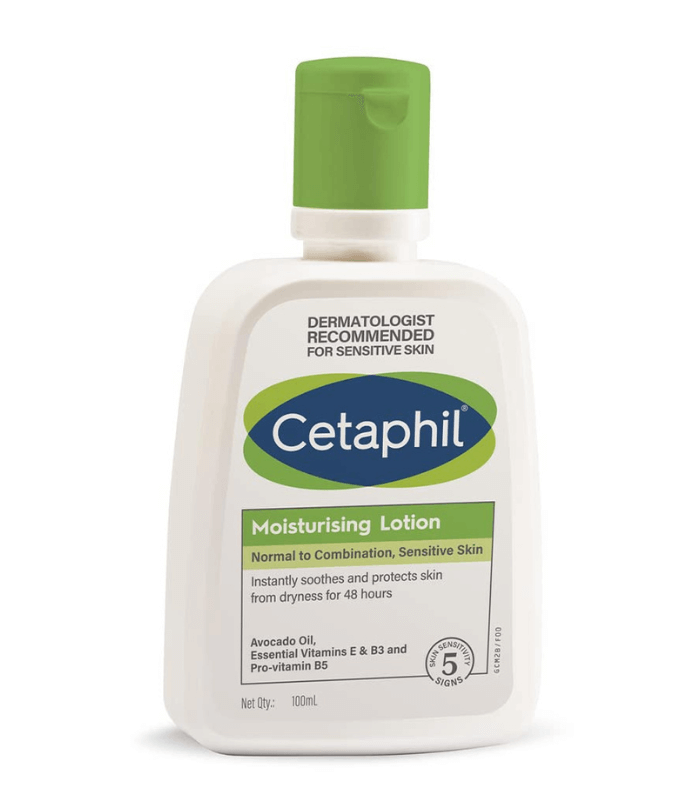




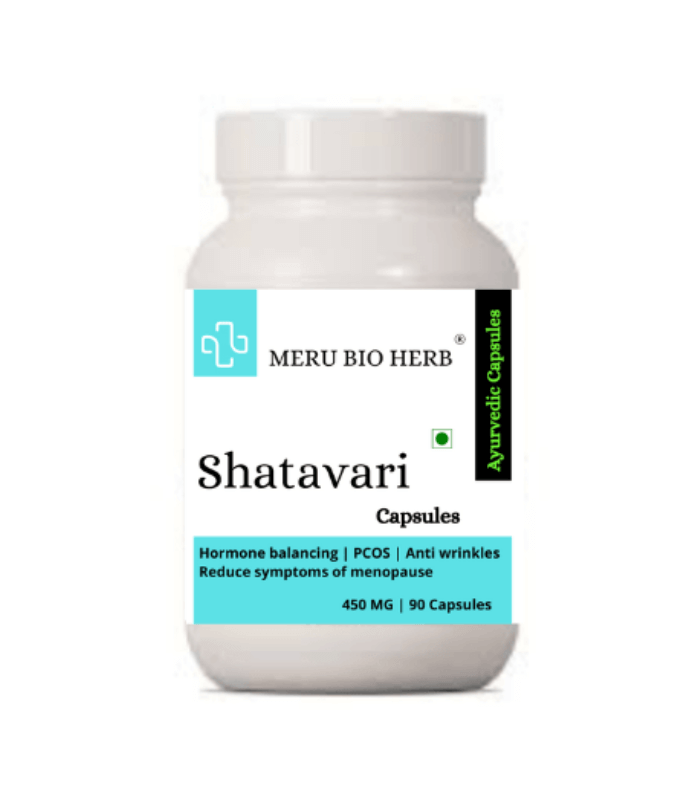








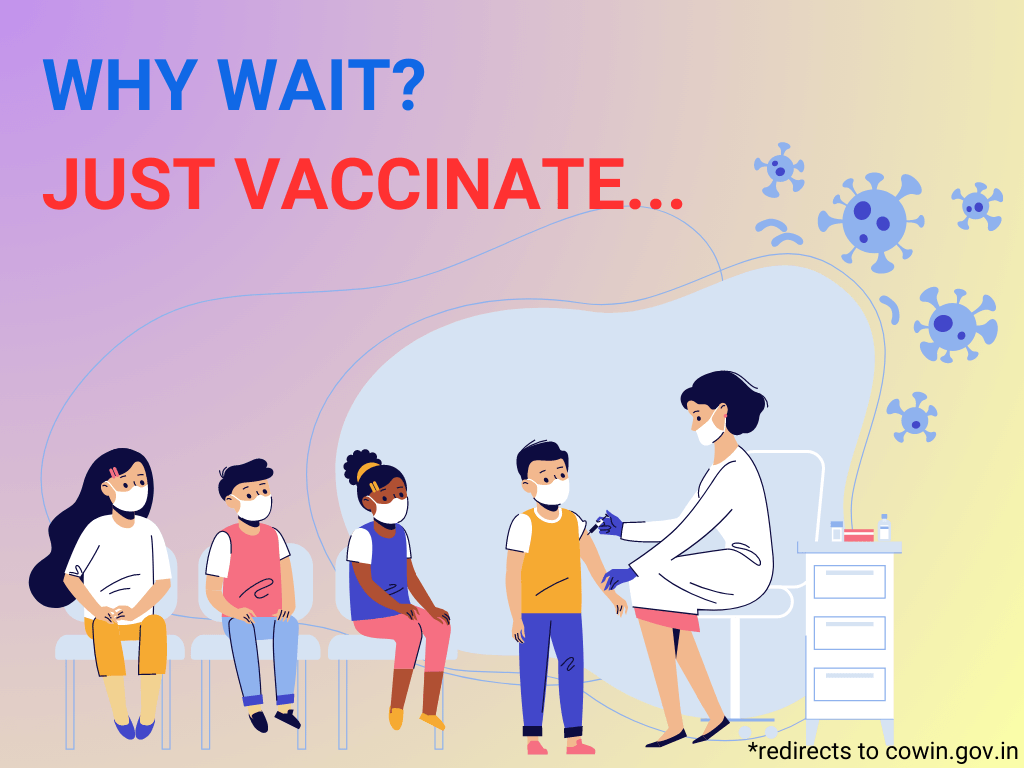

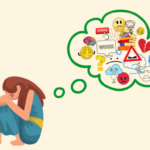



Informative
Informative Content!!!
good article
????